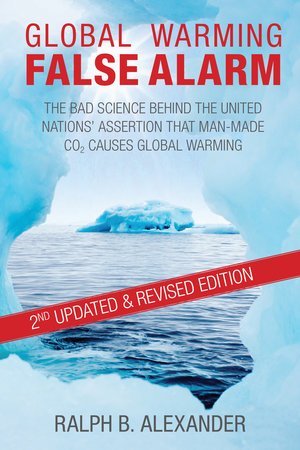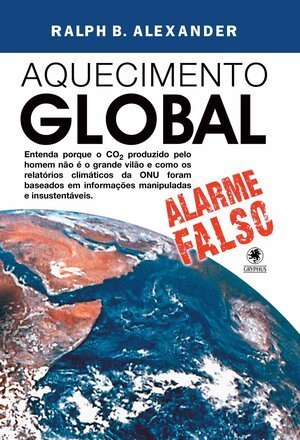No Evidence That Heat Kills More People than Cold
/The irony in the recent frenzy over heat waves is that many more humans die each year from cold than they do from heat. But you wouldn’t know that from sensational media headlines reporting “killer” heat waves and conditions “as hot as hell.” In reality, cold weather worldwide kills 17 times as many people as heat.
This conclusion was reached by a major international study in 2015, published in the prestigious medical journal The Lancet. The study analyzed more than 74 million deaths in 384 locations across 13 countries including Australia, China, Italy, Sweden, the UK and USA, over the period from 1985 to 2012. The results are illustrated in the figure below, showing the average daily rate of premature deaths from heat or cold as a percentage of all deaths, by country.
Perhaps not surprisingly, moderate cold kills people far more often than extreme cold, for a wide range of different climates. Extreme cold was defined by the study authors as temperatures falling below the 2.5th percentile at each location, a limit which varied from as low as -11 degrees Celsius (12 degrees Fahrenheit) in Toronto, Canada to as high as 25 degrees Celsius (77 degrees Fahrenheit) in Bangkok, Thailand. Moderate cold includes all temperatures from this lower limit up to the so-called optimum, the temperature at which the daily death rate at that location is a minimum.
Likewise, extreme heat was defined as temperatures above the 97.5th percentile at each location, and moderate heat as temperatures from the optimum up to the 97.5th percentile. But unlike cold, extreme and moderate heat cause approximately equal numbers of excess deaths.
The study found that on average, 7.71% of all deaths could be attributed to hot or cold – to temperatures above or below the optimum – with 7.29% being due to cold, but only 0.42% due to heat. That single result puts the lie to the popular belief that heat waves are deadlier than cold spells. Hypothermia kills a lot more of us than heat stroke. And though both high and low temperatures can increase the risk of exacerbating cardiovascular, respiratory and other conditions, it’s cold that is the big killer.
This finding is further borne out by seasonal mortality statistics. France, for instance, recorded 700 excess deaths attributed to heat in the summer of 2016, 475 in 2017 and 1,500 in 2018. Yet excess deaths from cold in the French winter from December to March average approximately 24,000. Even the devastating summer heat wave of 2003 claimed only 15,000 lives in France.
Similar statistics come from the UK, where an average of 32,000 more deaths occur during each December to March period than in any other four-month interval of the year. Flu epidemics boosted this total to 37,000 in the winter of 2016-17, and to 50,000 in 2017-18. Just as in France, these numbers for deaths from winter cold far exceed summer mortalities in the UK due to heat, which reached only 1,700 in 2018 and just 2,200 in the heat-wave year of 2003.
Even more evidence that cold kills a lot more people than heat is seen in an earlier study, published in the BMJ (formerly the British Medical Journal) in 2000. This study, restricted to approximately 3 million deaths in western Europe from 1988 to 1992, found that annual cold related deaths were much higher than heat related deaths in all seven regions studied – with the former averaging 2,000 per million people and the latter only 220 per million. Additionally, no more deaths from heat occurred in hotter regions than colder ones.
A sophisticated statistical approach was necessary in both studies. This is because of differences between regions and individuals, and the observation that, while death from heat is typically rapid and occurs within a few days, death from cold can be delayed up to three or four weeks. The larger Lancet study used more advanced statistical modeling than the BMJ study.
And despite the finding that more than 50% of published papers in biomedicine are not reproducible, the fact that two independent papers reached essentially the same result gives their conclusions some credibility.
Next: No Evidence That Climate Change Is Accelerating Sea Level Rise





